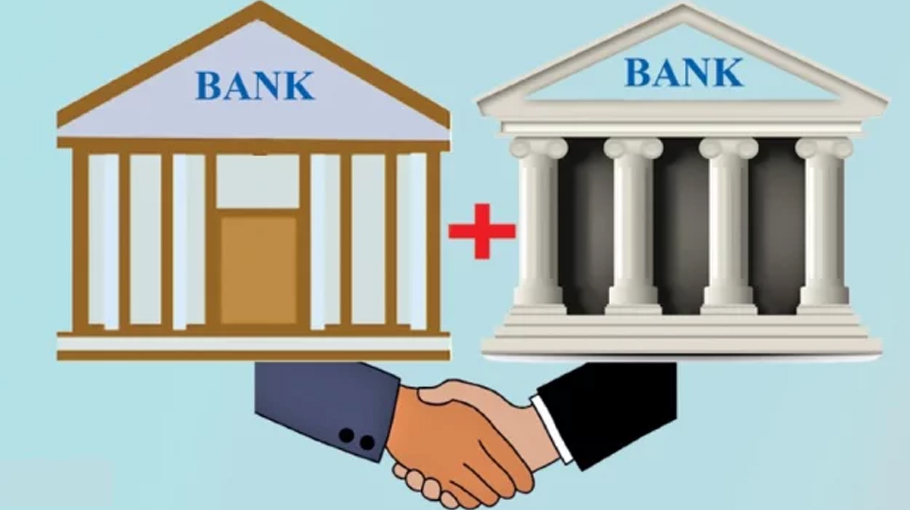Bank merger to be tough

Finance Minister Abul Hassan Mahmood Ali in his proposed budget for FY25 said mergers between banks is expected to get lengthy as well as difficult.
He also raised concerns about non-performing loans and a lack of financial discipline in the banking sector.
"Non-performing loans and lack of financial discipline have become a concern recently. To restore discipline, painful restructuring, such as a merger, may need to be completed for some banks. However, the process may be lengthy as well as difficult," according to the Medium-Term Macroeconomic Policy Statement placed with the budget documents in the parliament on Thursday.
The merger idea was floated after the International Monetary Fund (IMF) suggested that the central bank prepare a road map to reduce default loans as part of the conditions for its $4.7 billion loan package.
Abu Farah Md Nasser, who was appointed as policy advisor on 3 March soon after his contract as deputy governor expired, issued a merger policy, incorporating the option of "forced merger" in case shortlisted banks fail to merge voluntarily.
The policy gives boards of directors of weak banks a safe exit and keeps the option open for them to come back to the board after a five-year break. It also gives the management of such weak banks the chance to continue their jobs in the merged entities.
The central bank provided the list of 10 banks to some strong banks to choose which they want to merge with voluntarily. Should they fail to do so by January, the Bangladesh Bank will go for forced merger.
The 10 banks are BASIC Bank, National Bank, Bangladesh Krishi Bank, Bangladesh Commerce Bank, ICB Islamic Bank, Rajshahi Krishi Unnayan Bank (Rakub), AB Bank, Padma Bank, Janata Bank, and National Bank of Pakistan.
The merger will pave the way for 10 weak banks to pass liabilities of at least Tk84,000 crore – Tk54,000 crore in default loans and Tk30,000 in capital shortfall – on to good banks they will merge with.
This merger plan may bring down default loans to 5% from the existing 9% and clean the balance sheets of weak banks as per the ceiling set by the IMF for 2026 as part of the condition for its loan package.
Soon after the merger policy was issued on 7 April, five banks decided to go for merger following the central bank's instruction – Sonali Bank with Bangladesh Development Bank Ltd, Bangladesh Krishi Bank with Rajshahi Krishi Unnayan Bank, City Bank with BASIC Bank, United Commercial Bank with National Bank, and Exim Bank with Padma Bank.
When the merger issue raised confusion among depositors, creating chaos in the money market, the Bangladesh Bank suddenly came up with another announcement that it will not accept any more merger proposals for now.
Both the World Bank and IMF expressed its concern over the forced merger attempts between weak and strong banks.
The World Bank cautioned that imprudent mergers without a thorough assessment of asset quality may be counterproductive.




